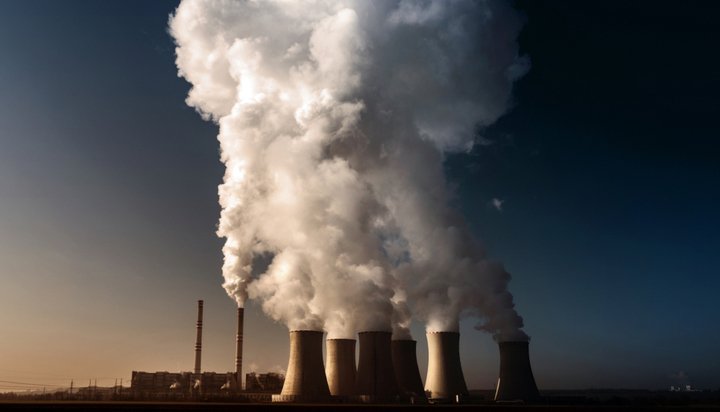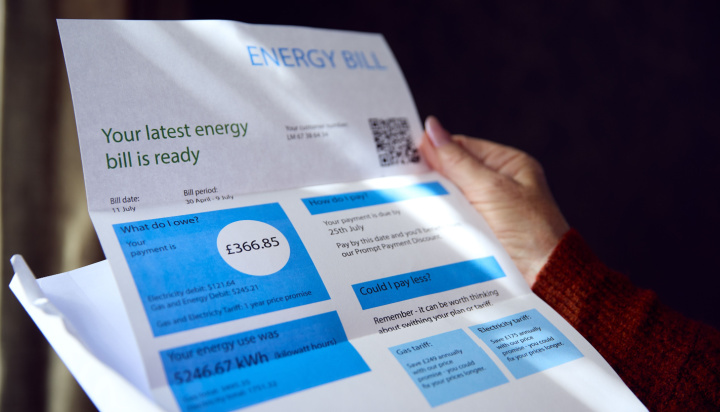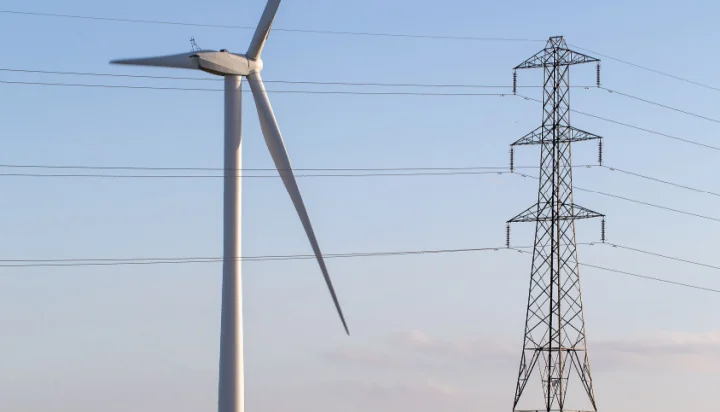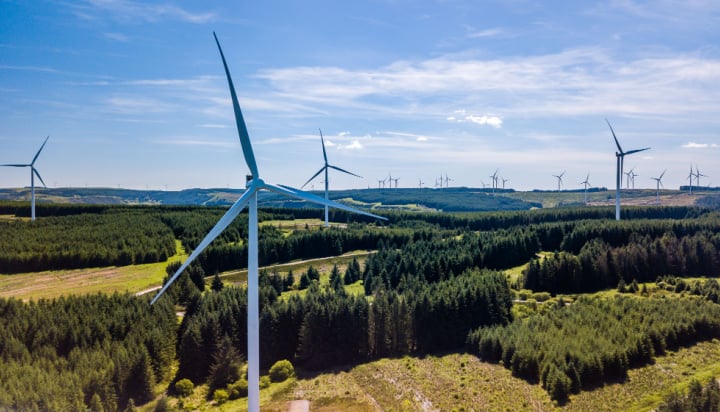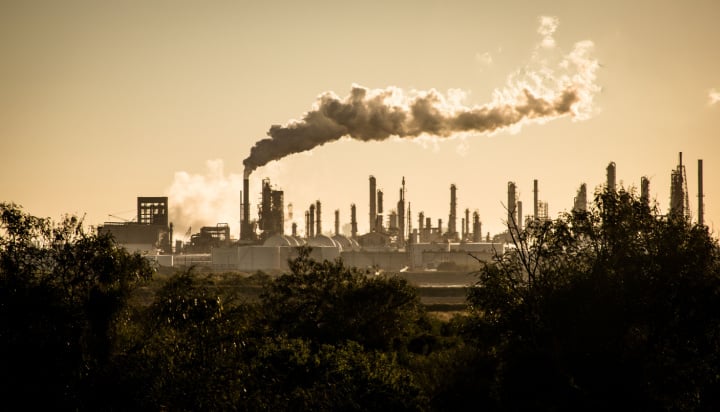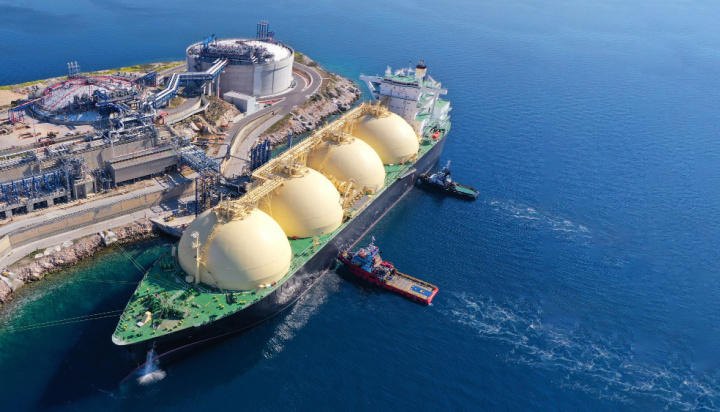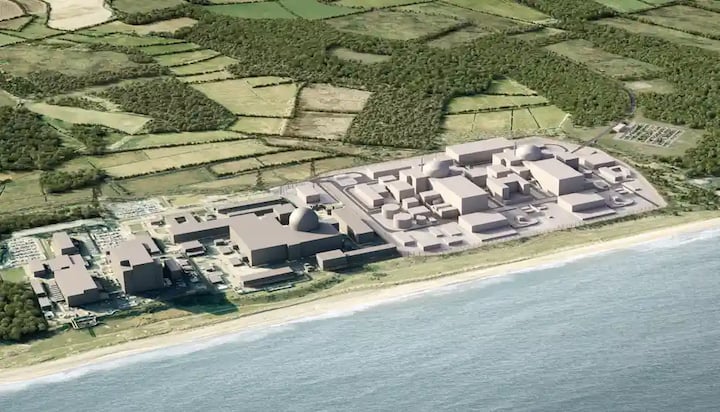New research warns that the UK Government’s carbon capture and storage policy heavily favours ‘blue’ hydrogen projects, raising concerns about prolonged reliance on fossil gas.
The UK Government’s £20 billion carbon capture and storage (CCS) policy is facing criticism for potentially deepening the country’s dependence on fossil gas.
That’s according to new research by the Institute for Energy Economics and Financial Analysis (IEEFA), which suggests that 78% of carbon capture in 2030 is expected to come from projects linked to long term fossil fuel use.
The emphasis on ‘blue’ hydrogen projects, which utilise gas instead of renewable power, has raised concerns about the long term trajectory of the UK’s energy mix.
Earlier this year, the UK Government allocated £20 billion for carbon capture, usage, and storage (CCUS) facilities over the next two decades.
However, the research indicates that the current incentives are disproportionately favouring projects tied to fossil gas, potentially undermining efforts to meet net zero targets.
Among the selected projects, 81% of captured emissions are associated with processes requiring prolonged fossil gas use, according to the report.
This is particularly notable as fossil fuel firms, including oil and gas companies, are poised to be the main beneficiaries, capturing 78% of emissions by 2030.
The IEEFA suggests that the government should reassess its support for CCS projects.
The report emphasises the need to prioritise projects that contribute to the decarbonisation of electricity supply, aligning with the UK’s transition to lower carbon energy sources.
Andrew Reid, author of the report and a guest contributor at IEEFA Europe, said: “A disproportionate amount of support is currently targeting blue hydrogen production, which not only risks meeting the CCC targets but is questionable longer term as the UK increases renewable power generation and the potential for green hydrogen production.”
Energy Live News has approached the Department for Energy Security and Net Zero for comment.



